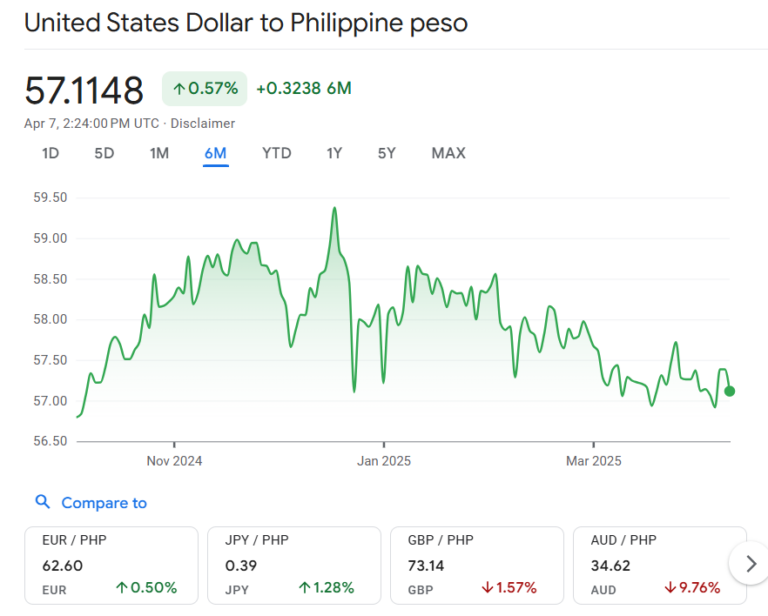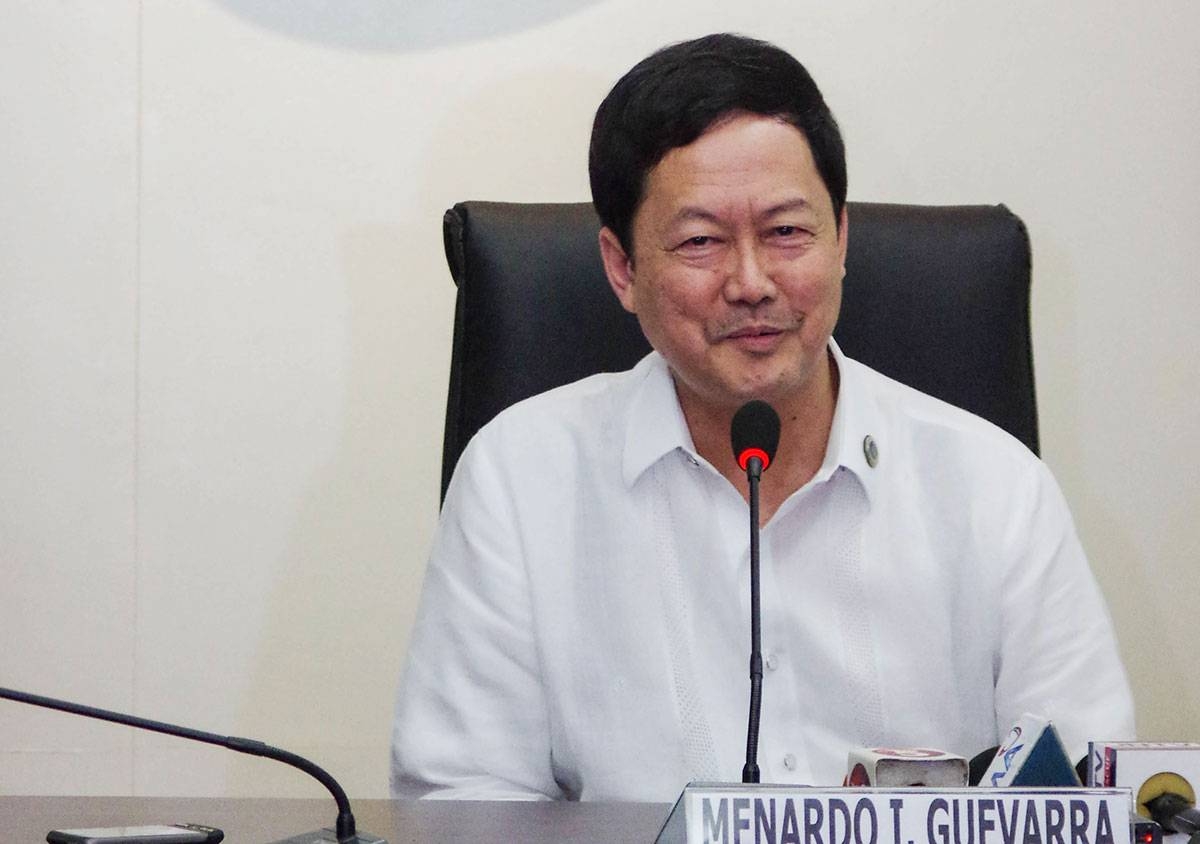Read this in The Manila Times digital edition.
SOLICITOR General Menardo Guevarra on Tuesday said they were waiting for the final report on a collision between Chinese and Filipino vessels near Ayungin Shoal on Sunday before making a recommendation on what legal actions the government should take about the matter.
“If our initial analysis of the situation is correct based on the final report, then we will recommend to the DFA (Department of Foreign Affairs) to call on our big neighbor [China] to comply with their commitment to settle international disputes peacefully and further to cease and desist from further committing acts that endanger life and liberty at sea,” Guevarra told reporters after attending a Senate hearing on the Maritime Zones bills.
“As far as the OSG (Office of the Solicitor General) is concerned, we will wait for the final report on the matter because we need to know all the details of what happened, but based on our initial findings, based on the reports from you, from the media, it would appear that the incident was not accidental. It was obviously intentional, and for that reason, we consider that as a wrongful international act,” he said.
Guevarra said that would be a grave disregard for certain international conventions like the UN Charter, the Unclos, the convention on the prevention of collisions at sea, the convention on safety at sea, and many others.
When asked about the complaints of some senators that a simple diplomatic protest is not enough, the solicitor general said this will be part of the study being conducted by the OSG right now on legal options.
“We will include this definitely, but we have not really firmly made up a decision on what legal action to take because we have to study that very carefully. It’s a very sensitive matter; it’s a very sensitive issue. It takes a lot of preparation to determine what legal action could be taken. But for now, we’ll have to go through the diplomatic process,” he said.
Guevarra added that they definitely would recommend the filing of a complaint that is to be determined at a later time after they have made a decision to take on the particular legal action that will depend on President Marcos Jr. himself.
He said they were still in the fact-finding stage, and they could not at this time propose any legal option without the facts, without knowing all the facts and analyzing what evidence is available, as this will have to be proved in the international tribunal.
“We cannot just make allegations. We have to show the proof, the evidence that there were certain violations,” he explained.
When asked if the incident could be considered an armed attack, Guevarra responded: “This one, we do not have the competence. The OSG has no competence to determine whether that collision would partake of a military activity. So, I guess we should leave that to the DND (Department of National Defense) to determine that.”
Japan has expressed serious concern over the recent “surge” in tensions in the South China Sea (SCS) since these affect the peace and stability of the region.
The Japanese Embassy in Manila said “a dangerous action” that caused a collision between Chinese and Filipino ships on October 22 contributed to increased regional tension.
“Japan believes that the issue concerning the South China Sea is directly related to the peace and stability of the region,” the embassy said on Tuesday.
The tension in the SCS is “a legitimate concern of the international community, including Japan,” it added.
“And thus Japan opposes any unilateral attempts to change the status quo by force as well as any actions that increase tensions in the South China Sea,” the embassy said.
The Embassy of South Korea in Manila also expressed concern about recent reports of collisions between Chinese and Philippine vessels in the SCS.
The embassy, in a statement, said, “unilateral actions raise tensions in the South China Sea and threaten the safety of crew members.”
“We reaffirm our support for peace, stability and rules-based order in the South China Sea, as an important international sea lane of communications, and for the freedom of navigation and overflight based on the principles of international law, including Unclos (United Nations Convention on the Law of the Sea),” it added.
The Japanese Embassy said Tokyo “has consistently advocated upholding the rule of law at sea and re-emphasizes the importance of efforts toward a peaceful resolution of disputes based on international law.”
Japan will continue cooperating with the international community, such as the Association of Southeast Asian Nations and the United States, “to protect free, open and peaceful seas.”
Tokyo reiterated that Japan concurred with the Philippines’ long-standing objections to unlawful maritime claims, militarization, coercive activities and threat or use of force in the SCS.
Japan also “highly appreciates” the Philippines for having consistently complied with the 2026 Arbitral Tribunal’s award regarding the disputes between Manila and Beijing regarding the SCS issue.
On July 12, 2016, the Permanent Court of Arbitration in The Hague, Netherlands, invalidated China’s nine-dash line policy in the SCS that encroached on the Philippines’ exclusive economic zone.
Tokyo said Manila has shown its commitment to the peaceful settlement of disputes in the SCS, as stated in the statement by the Foreign Minister of Japan issued on the occasion of the seventh anniversary of the issuance of the award last July 12.
AFP Chief of Staff Gen. Romeo Brawner Jr. said the escalation of the tensions in the West Philippine Sea brought by the recent collision would not necessitate the invocation of the Mutual Defense Treaty (MDT) with the United States.
In an interview, Brawner also said recent collisions with Chinese vessels that he described as negligible do not warrant the imposition of the MDT.
“With the present situation, we don’t need to invoke the MDT. But if there’s a deliberate attack, for instance, on our Philippine ships or an attack on our territory, that would necessitate us to invoke MDT,” he pointed out.
Instead, Brawner batted for acquiring more modern ships, fighter planes, and other aircraft and war materiel to boost the fighting capability of the military.
Chinese vessels reportedly made aggressive and reckless maneuvers intercepting Philippine sea assets Unaiza May 1 and 2 and Coast Guard vessels on a resupply mission in Ayungin Shoal early Sunday.
He reiterated calls for Congress to support the military’s upgrade programs to pursue its mandate, particularly in defending the external security of the country.
As the incursions in WPS escalates, Brawner made an urgent plea for sustained joint patrols among allied countries in the volatile region to deter Chinese aggressive interference.
“We and allies, like-minded nations, should organize as one in conducting joint exercises, joint patrols, joint sails in the WPS to project to the international audience that we are united in one cause,” he said.
He said the AFP is devising other pressing options, which he refused to divulge.
“We are looking at all possibilities, including the utilization of faster boats in the next resupply mission,” Brawner added.
Meanwhile, the International think tank Stratbase calls for immediate regular joint patrols among allied countries to hold Chinese incursions inside the country’s 200-mile exclusive economic zone at bay.
“In the face of these growing challenges on the ground, the institute fully recommends the immediate conduct of regular joint patrols with like-minded states such as the United States, Australia, Japan, Canada, South Korea and the European Union in the West Philippine Sea,” Stratbase ADR Institute President Dindo Manhit said.
Manhit condemned China’s disinformation campaign regarding the recent collision.

















